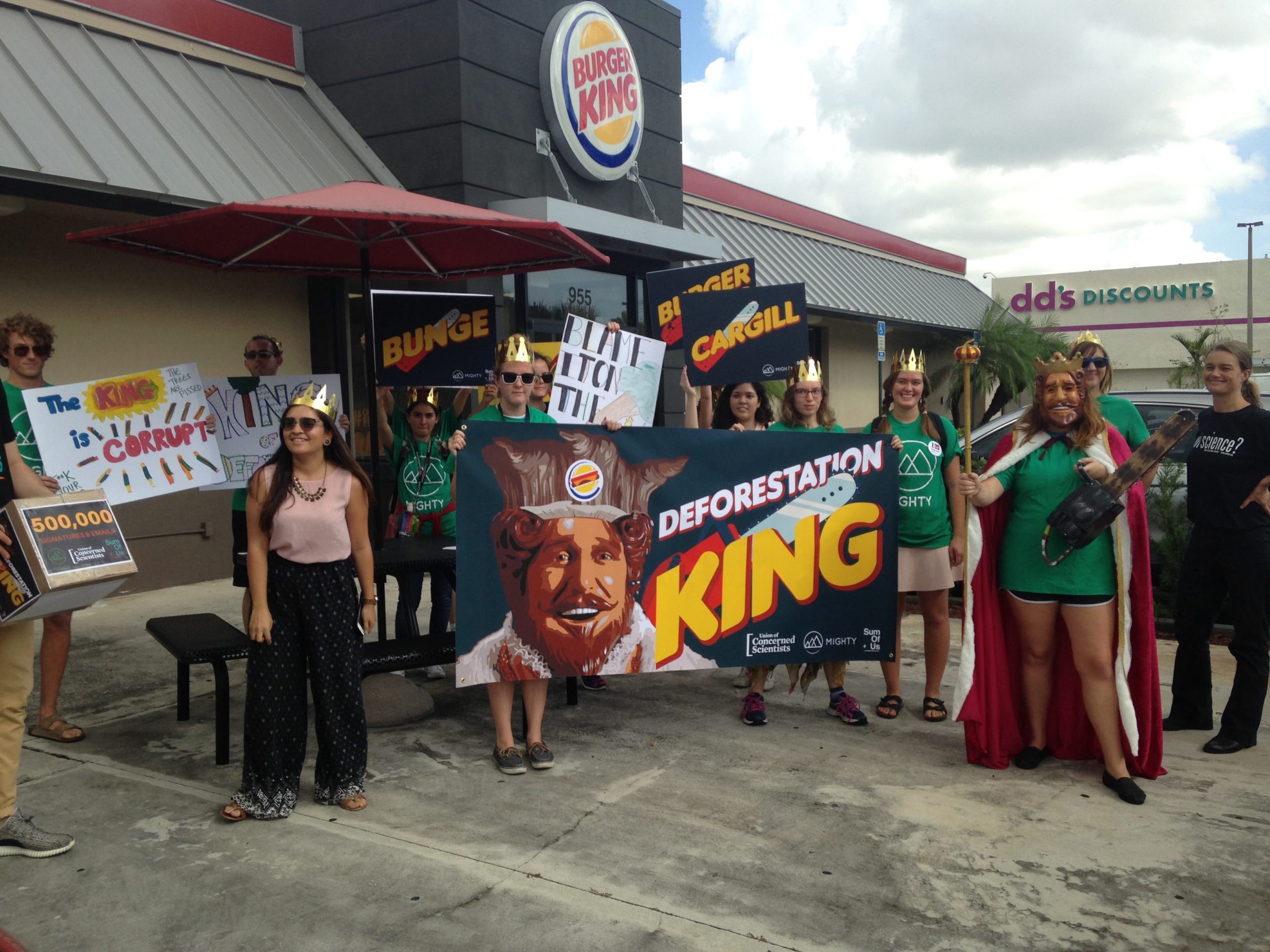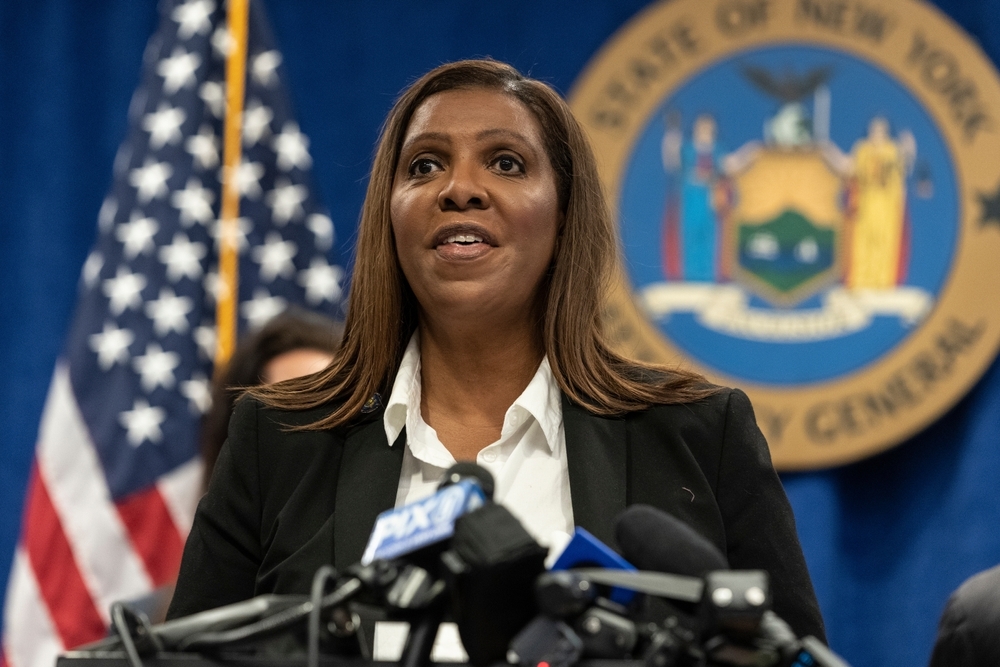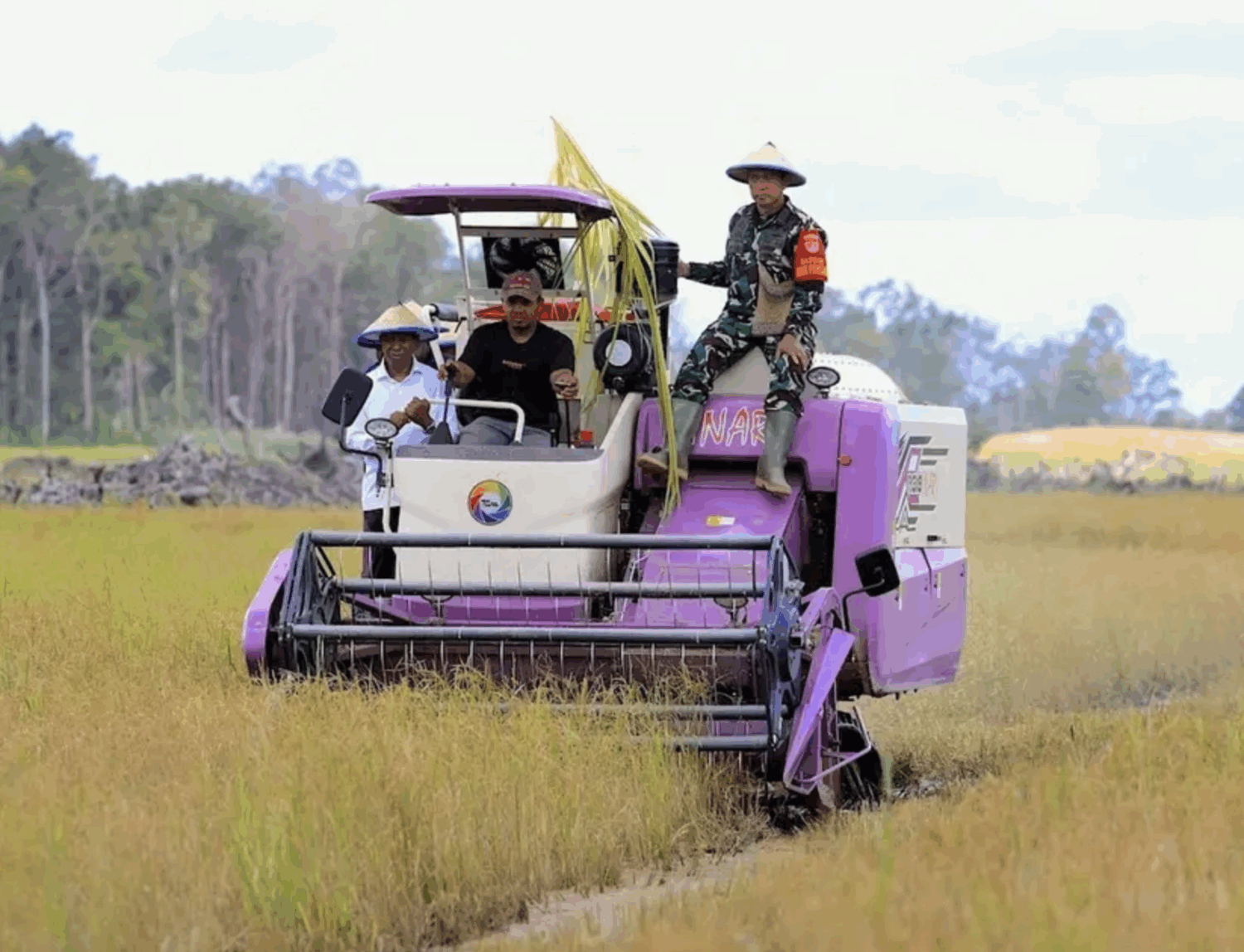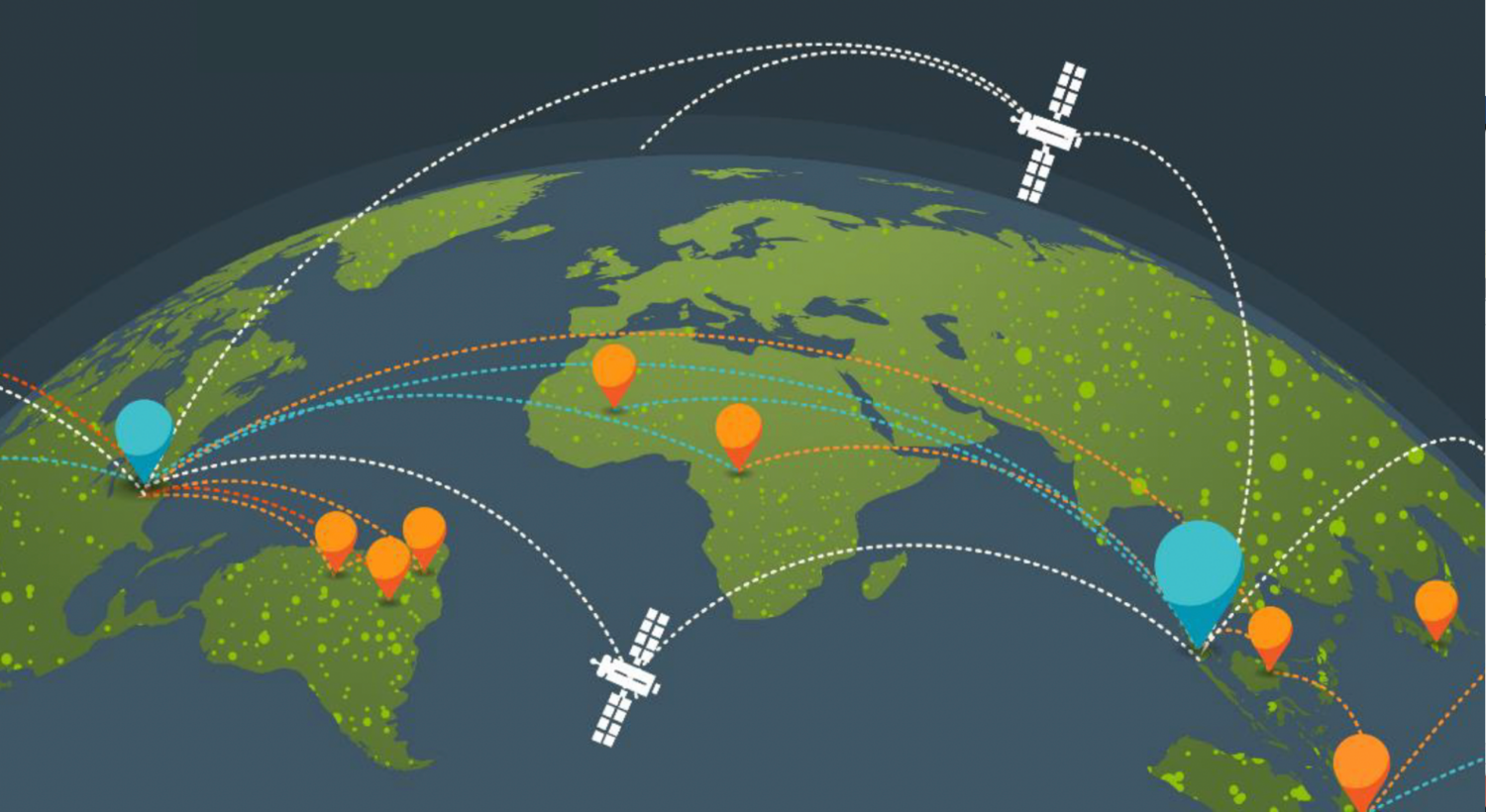
Organizers Rally to Ask Burger King to Stop Destroying Forests for Fast Food
On Tuesday, organizers in seven cities gathered at their local Burger King to protest the burger giant’s deforestation for soy. Below is the press release for the rally in Miami, Florida.
Activists in Burger King masks and King of Deforestation costumes deliver petition with over 500,000 signatures to local Burger King Headquarters
Miami, FL (December 13, 2016) – Today, local organizers and activists will be gathered at a local Burger King franchise, with members of Union of Concerned Scientists, Mighty Earth, and SumOfUs, to demonstrate the overwhelming support for Burger King to adopt a strict No Deforestation policy and deliver a petition, which already has over 500,000 signatures. Burger King, which is headquartered in Miami, has been linked to soy traders tied to massive deforestation and destruction of indigenous land in Latin America.
[vc_gallery el_id=”gallery-211367″ random=”yes” medias=”49792,49790,49795,49789″ gutter_size=”3″ screen_lg=”1000″ screen_md=”600″ screen_sm=”480″ single_overlay_opacity=”50″ single_padding=”2″]With over 500,000 signatures gathered by the coalition of nationwide supporters, today’s gathering in Miami is a small piece of a larger national grassroots movement calling for the Burger King, the King of Deforestation, to adopt transparency and sustainability efforts that their competitors have. Gatherings are being held today in Denver, East Lansing, Atlanta, Minneapolis, Austin, Miami, and White Plains.
Mighty Earth conducted an extensive investigation into Burger King’s suppliers. Through satellite analysis and field research, investigators found evidence of massive destruction of rainforests and other ecosystems in Latin America by the agribusiness companies Cargill and Bunge, both of which provide food products to Burger King through its suppliers. Cargill also operates a joint venture with Burger King. Mighty sent a team to Brazil and Bolivia and documented extensive deforestation in areas that Cargill and Bunge operate, home to a diverse array of wildlife including three-toed sloths, jaguars, and giant anteaters. The full findings of this investigation will be shared in a report in the upcoming weeks.
“Burger King has failed to embrace environmental protection policies and is not transparent about where its raw materials like soy, beef, and palm oil come from,” said Kristin Urquiza, Campaign Director from Mighty. “ This makes it impossible to know whether the fast food you’re eating has been produced through deforestation, intentional forest fires, or other environmental destruction- making Burger King’s products like Whoppers the ultimate mystery meat.”
Burger King is the world’s second largest hamburger chain and one of the leading sellers of meat in the world – it operates in approximately 100 countries with more than 15,000 restaurants.
Burger King is a fast food industry laggard when it comes to protecting the environment. In stark contrast to the other leading global food and commodity firms, including McDonald’s, ADM, Wilmar, and Louis Dreyfus, Burger King does not have a “No Deforestation, No Peat, and No Exploitation” policy to ensure that its suppliers are not destroying pristine forests and ecosystems or harming local communities.
“What you’re seeing locally on the ground here is really a piece of a larger grassroots movement of consumers demanding to know where their food comes from,” said Fatah Sadaoui, Senior Campaigner with SumOfUs. “Like McDonald’s, Burger King should listen to its customers who are asking for food produced without forest destruction or human rights abuse.”
This year, millions of hectares of land in Latin America will be destroyed unnecessarily by companies willing to buy food without asking questions about how it is produced. Across Brazil, Bolivia, Paraguay, Argentina, Uruguay and other leading agricultural producers, an average of 4 million hectares of forests are cleared each year and cattle pasture and soy farms are the largest drivers.
The volunteers at the event are calling for Burger King to:
- Follow the lead of others in the food industry to stop destroying forests and other ecosystems by adopting and implementing a strong “No Deforestation, No Peat, and No Exploitation” policy;
- Identify its suppliers and report on their compliance with environmental and human rights policies;
- Work with governments, communities, and civil society to support broader improvements in forest governance and sustainable agricultural expansion.
“Burger King, Cargill, and Bunge now have a unique opportunity to sever the link between food production, deforestation, and climate change in Latin America and beyond. It’s time they seize it,” said Sharon Smith at the Union of Concerned Scientists.
Click here to sign the petition: https://mightyearth.org/king-of-deforestation/
About Mighty Earth
Mighty is a global environmental campaign organization that works to protect forests, conserve oceans, and address climate change.
About SumOfUs
SumOfUs is a global consumer group that campaigns to hold big corporations accountable. Over 10 million people have taken over 50 million actions worldwide with SumOfUs since it launched.
About Union of Concerned Scientists
The Union of Concerned Scientists puts rigorous, independent science to work to solve our planet’s most pressing problems. Joining with citizens across the country, we combine technical analysis and effective advocacy to create innovative, practical solutions for a healthy, safe and sustainable future.
Marisa Bellantonio
203-479-2026
[email protected]


